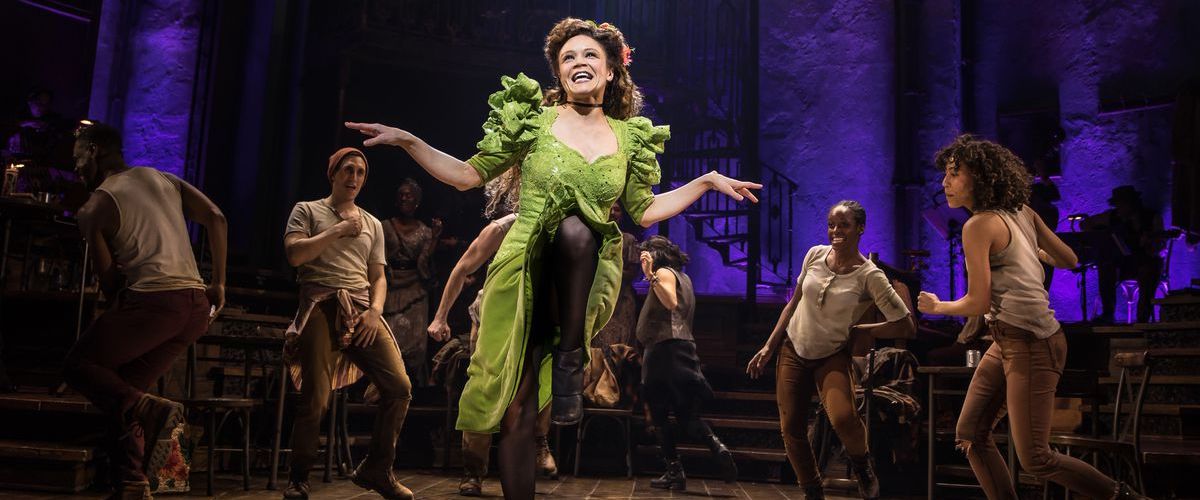I reviewed Hadestown, the 2019 Best Musical, for The American Interest.
Hermes, the messenger-god who serves as narrator, warns us that “When the gods are having a fight, everybody else better hold on tight.” The world that Orpheus and Eurydice inhabit is wounded and weakened by the faltering love between Hades and Persephone. (This production does not frame Hades’s initial courtship as an abduction or rape, as many versions of the myth do.) The further away from each other they draw, the more the seasons are disordered: summers hot and scorching, winters freezing and famished. Like Oberon and Titania, Hades and Persephone can say, “This same progeny of evils comes from our debate, from our dissension. We are their parents and original.”
The gods themselves are distorted by their division. Hades is the obvious villain—the antagonist to Orpheus, the instigator of Eurydice’s death—but Amber Gray is galvanizing as an embittered Persephone. She has a furious energy to her dancing that convincingly conveys the power of a Greek god—attracting their attention, even favorably, is perilous. While her sepulchral husband turns to cold machinery and automation, she is riotous growth gone to rot, the stickiness of over-ripened grapes.
Read more at The American Interest…
